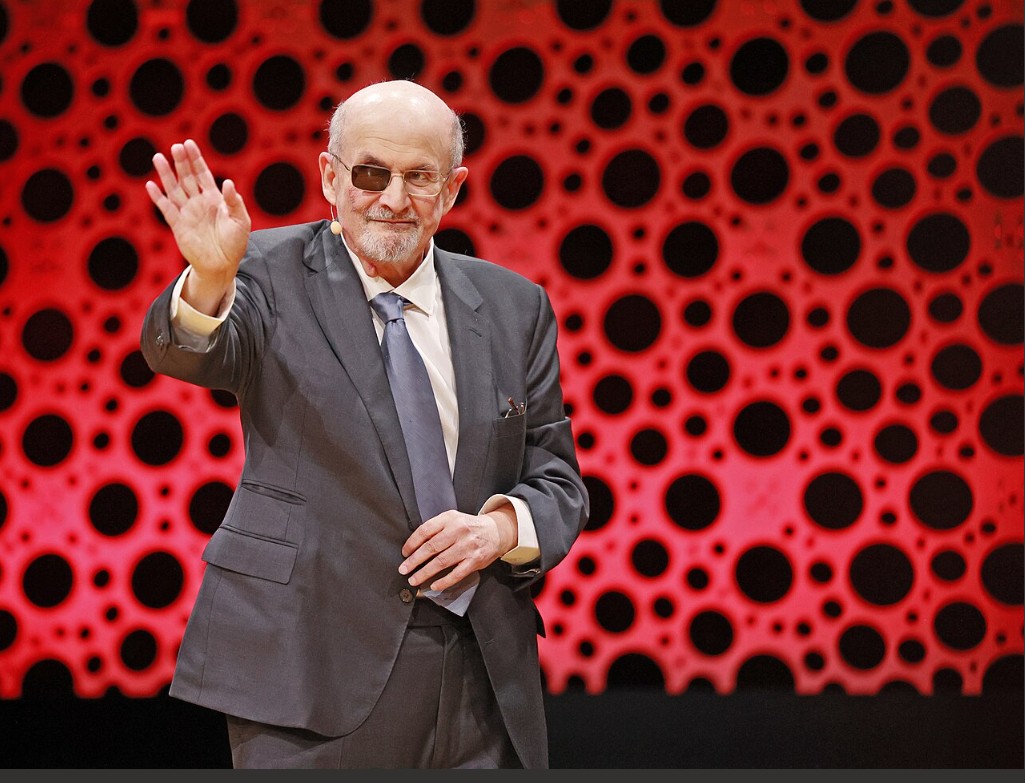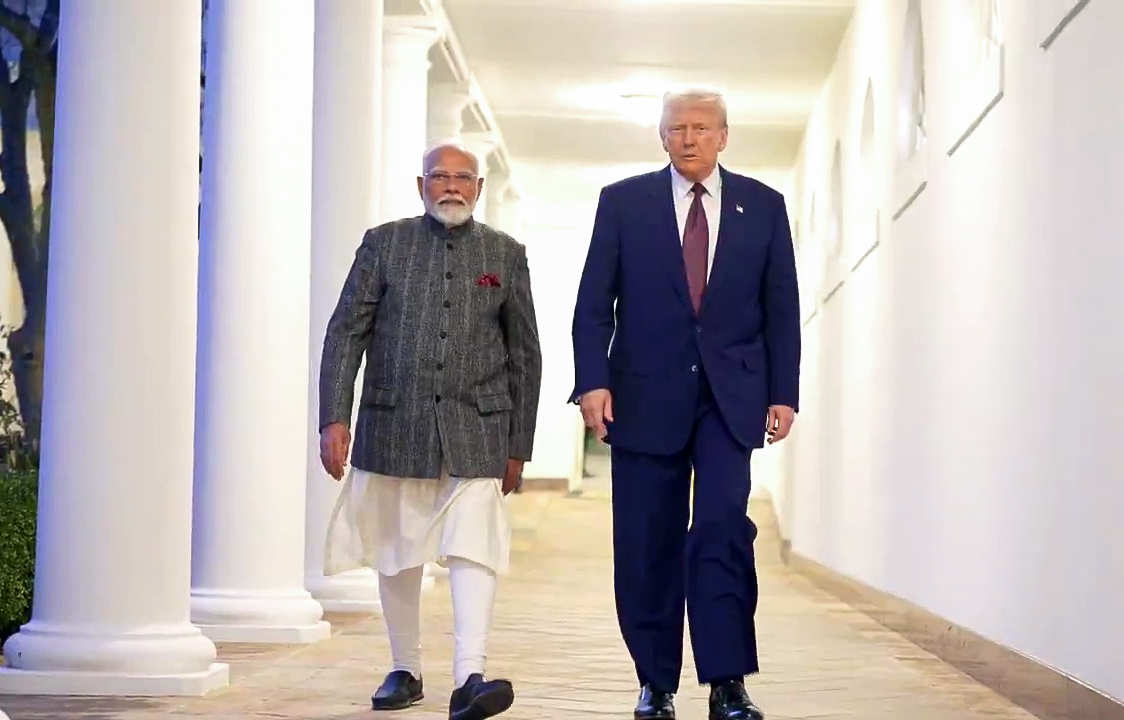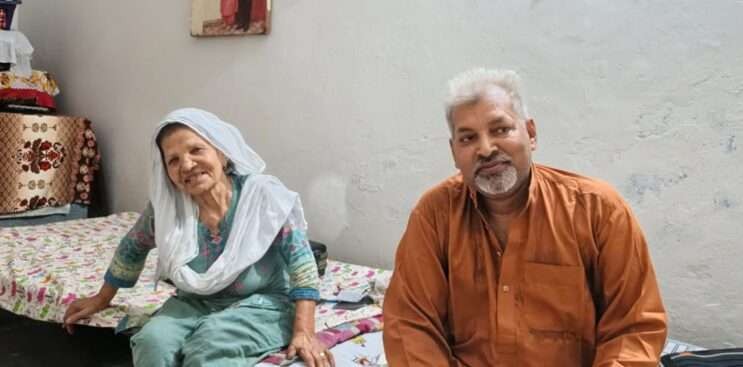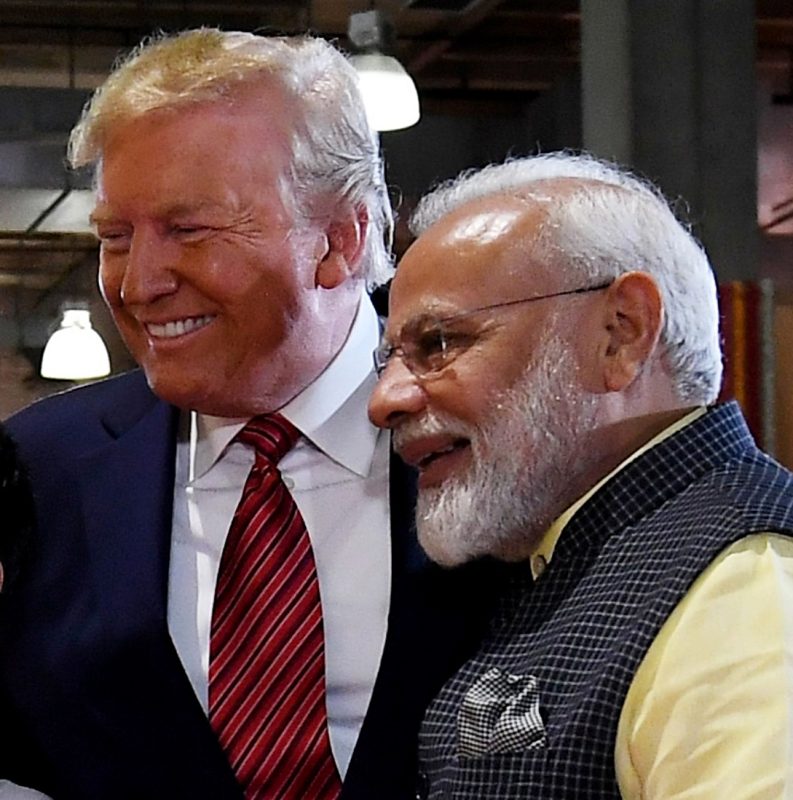The man who carried out a brutal knife attack on author Salman Rushdie, leaving him blind in one eye, has been sentenced to 25 years in prison by a court in New York State.
Hadi Matar, 27, showed no remorse as Judge David Foley handed down the sentence on Friday in Mayville, near the site of the 2022 assault at the Chautauqua Institution. Matar was convicted of attempted murder under New York state laws in February. He faces additional federal terrorism charges, with a separate trial expected to begin next year.
The sentencing also includes a concurrent seven-year term for a lesser charge.
District Attorney Jason Schmidt welcomed the outcome. “I’m pleased with the sentence that was imposed by the judge,” he said after the hearing.
During the sentencing, Matar gave a rambling statement in which he accused Rushdie of being a “bully” and made disjointed references to freedom of speech and religion. He offered no apology for the attack, which left Rushdie severely injured and blind in his right eye.
The author was about to speak on stage when Matar rushed forward and stabbed him multiple times. Henry Reese, the co-founder of a nonprofit supporting persecuted writers and Rushdie’s fellow speaker at the event, was also injured.
Rushdie has since chronicled the harrowing ordeal in his memoir Knife, published in 2024.
The origins of the attack trace back to 1989, when Iran’s Supreme Leader Ayatollah Khomeini issued a fatwa calling for Rushdie’s death over his novel The Satanic Verses, which many considered blasphemous. The fatwa forced Rushdie into hiding for several years under British protection before he eventually resettled in the United States.
Federal prosecutors allege Matar carried out the 2022 attack on behalf of Hezbollah, a designated terrorist organisation aligned with Iran. Then-Attorney General Merrick Garland said Matar “committed an act of terrorism in the name of Hezbollah.”
Matar’s lawyer, Nathaniel Barone, said he intends to appeal the conviction and sentencing. He noted that while Matar was strongly motivated by his religious beliefs, even within the Shia Muslim community there were divisions over the legitimacy of the attack. “What happened is wrong,” Barone quoted some in the community as saying.
The federal terrorism case against Matar is expected to move forward later this year, with a trial likely in early 2026. Under U.S. law, suspects can be tried under both state and federal charges in separate proceedings.









